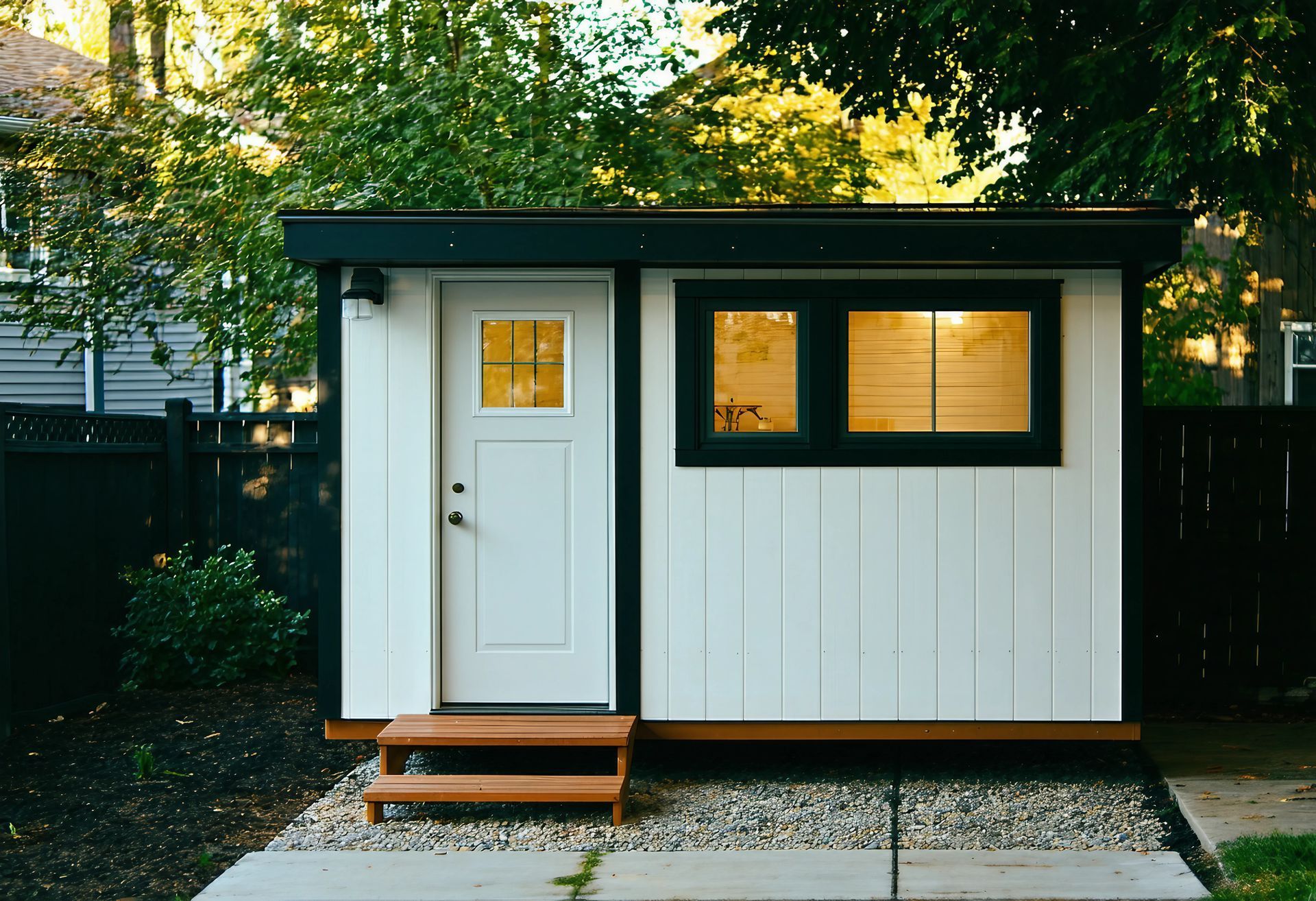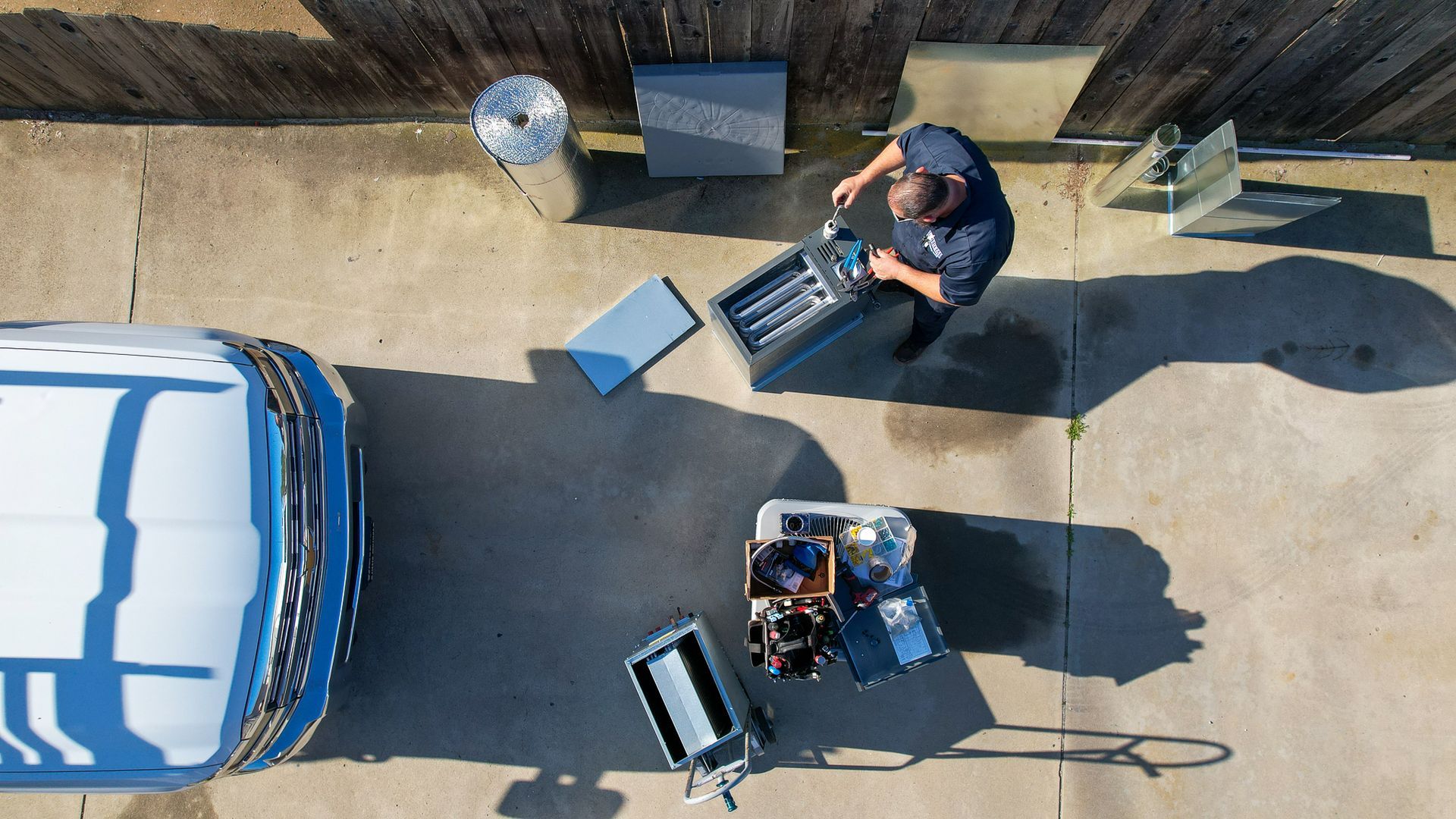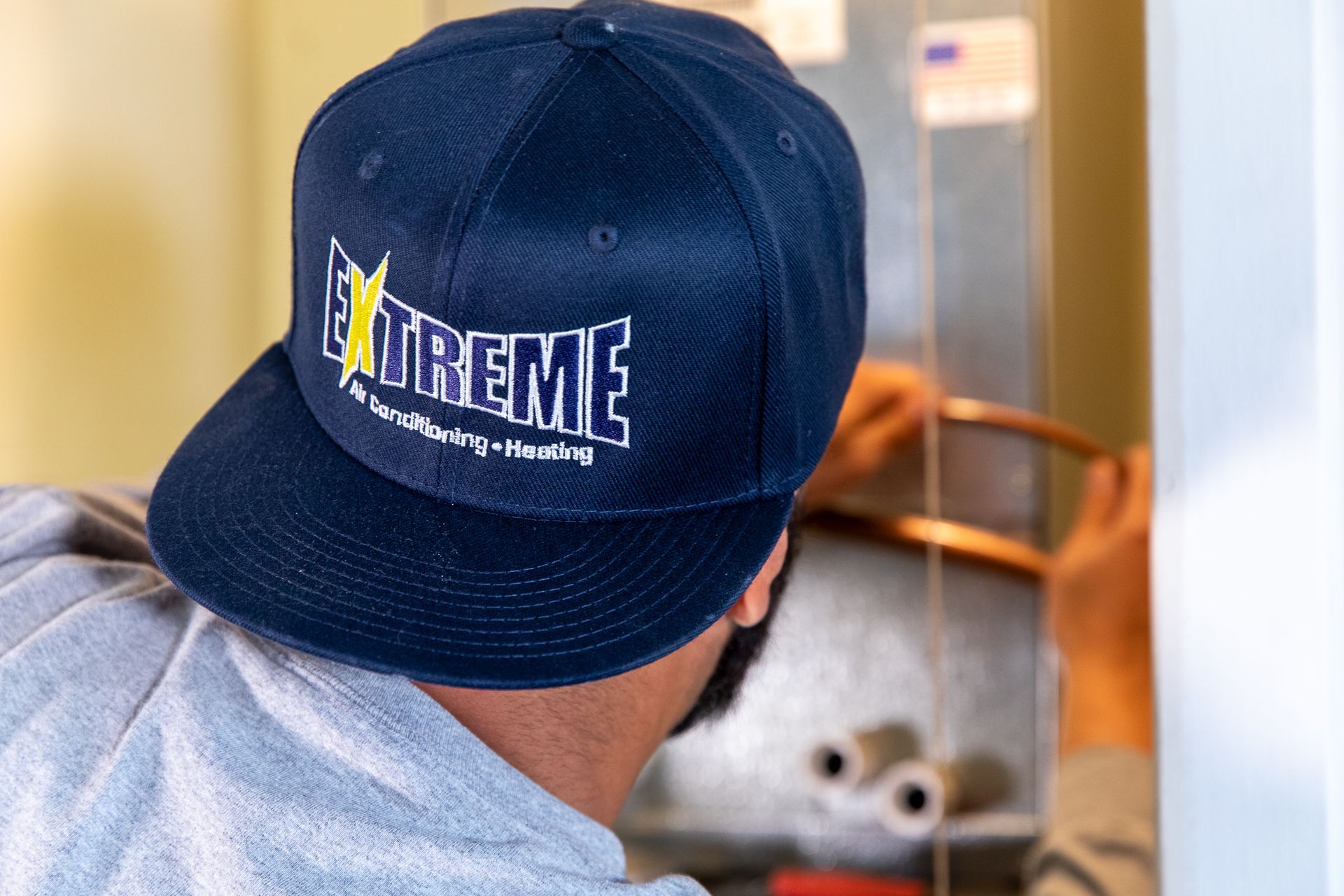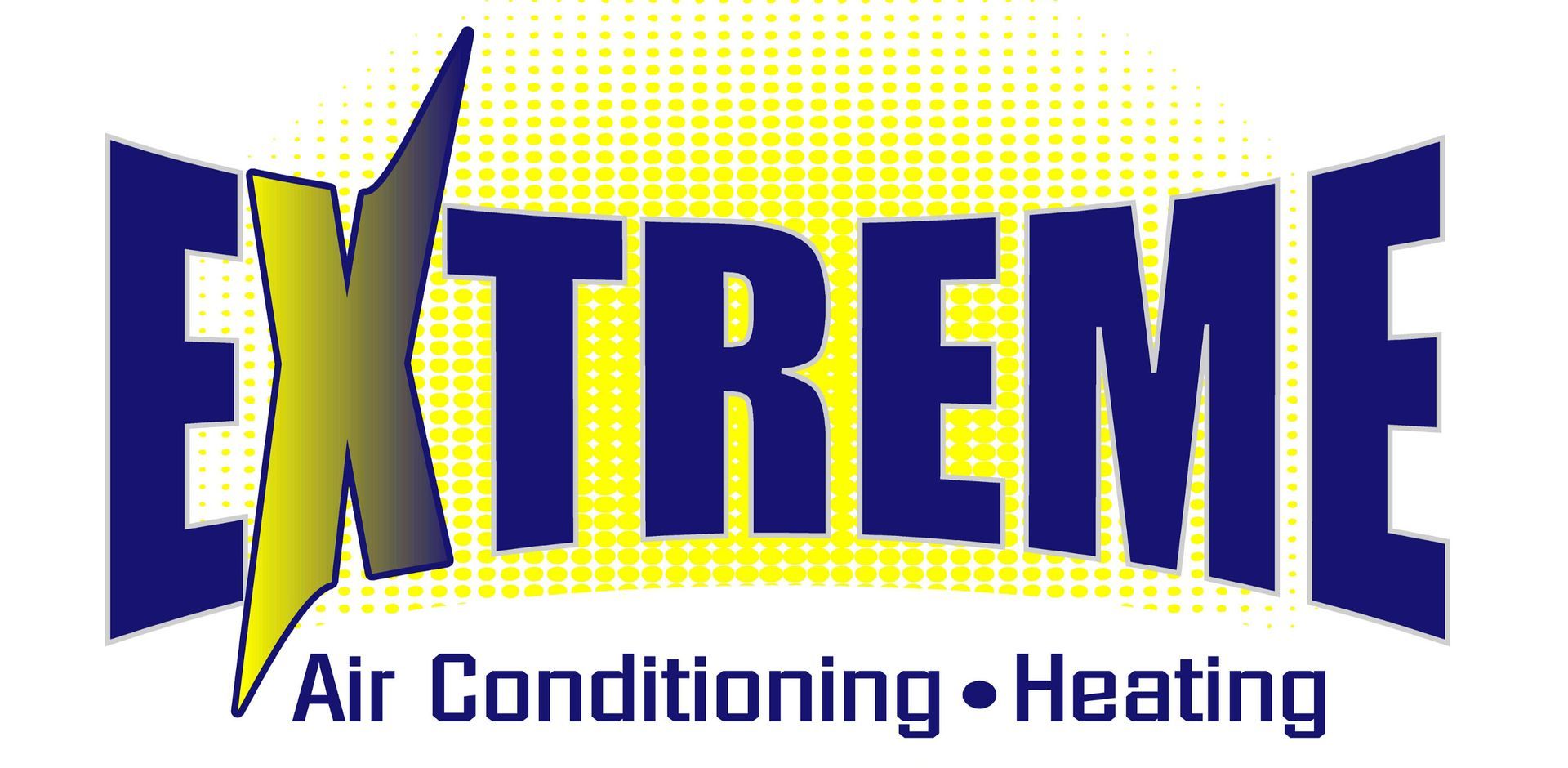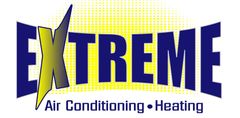Welcome to Extreme AC & Heating – Your Premier HVAC Service Provider in San Diego
Bringing Comfort to Your Space, All Year Round
Bringing Comfort to Your Space, All Year Round
At Extreme AC & Heating, we understand that a comfortable home or business is non-negotiable. Serving the vibrant San Diego community, we specialize in delivering top-tier Residential and Commercial HVAC services, tailored to meet the unique needs of each space we work in. Whether you're battling the summer heat or the chilly winter air, our team of certified professionals is here to ensure your environment is perfectly conditioned, making your space a sanctuary of comfort and efficiency.
Residential HVAC Services
Your home is your haven, and maintaining its comfort is our top priority. From urgent repairs to new installations, our comprehensive residential services ensure that your AC and heating systems are running at their peak, all year long. We offer:
- AC Repair and Maintenance: Quick, efficient, and always reliable, our repair services ensure your system is back to cooling your home in no time. Regular maintenance checks also mean we catch potential issues before they turn into big problems.
- New AC Installations: If it's time for an upgrade or a first-time installation, our team will guide you through selecting the perfect system for your home. We specialize in energy-efficient units, designed to keep your space cool while minimizing your environmental footprint and energy costs.
Commercial HVAC Services
For our business clients, we understand that an efficient HVAC system is critical to your operation. That's why we offer specialized commercial services designed to keep your workspace comfortable, your employees productive, and your customers satisfied. Our services include:
- Customized HVAC Solutions: Every business is unique, and so are its heating and cooling needs. We provide bespoke solutions that fit your specific requirements, ensuring optimal performance and efficiency.
- Routine Maintenance and Repairs: Keep your system in top condition with our routine maintenance services, designed to prevent downtime and extend the lifespan of your equipment. Should you need repairs, our rapid response team is on call to resolve issues swiftly, minimizing any impact on your business.
Serving San Diego with Pride
At Extreme AC & Heating, we're not just about providing services; we're about creating lasting relationships with our community in San Diego.
Expert Team:
Our technicians are certified and continuously trained in the latest HVAC technologies and best practices.
Customer Satisfaction:
We're committed to excellence in every project, with a focus on customer satisfaction. We listen, we care, and we deliver.
Affordable Solutions:
We believe in fair, transparent pricing and offer competitive rates to ensure you're getting the best value for your investment.
